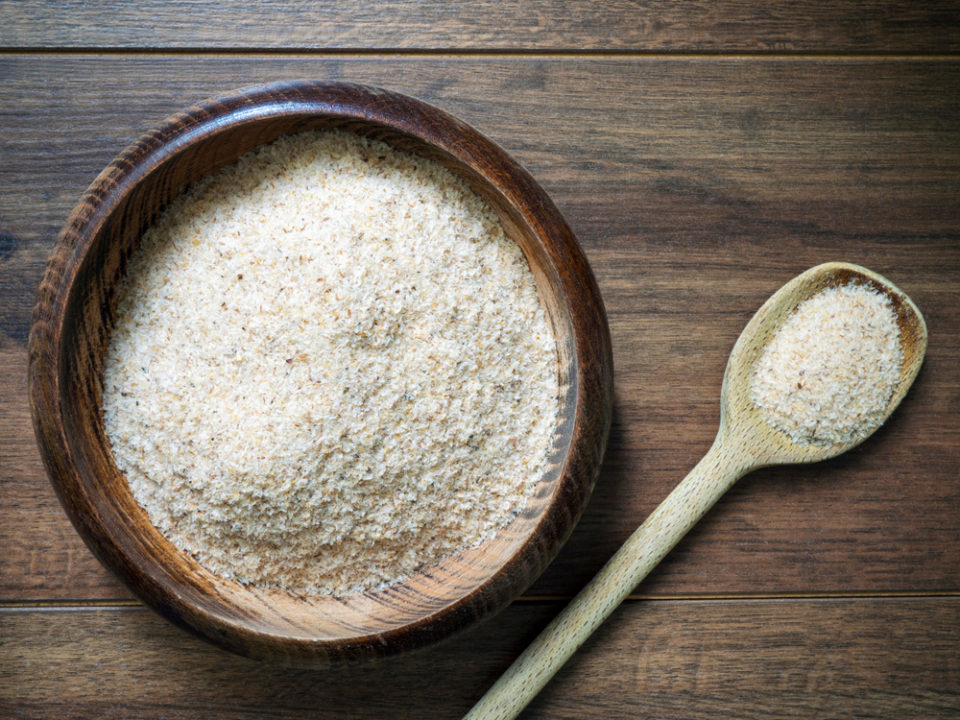
Constipation is a condition in which bowel movements become infrequent, hampering the sound excretion process. If there is less bowel movement once a day, causing an urge to do more but unable to do it, you are suffering from mild constipation. Chronic constipation is followed by rare bowel movements that vary from two to three times a week.
The underlying causes of constipation include consuming less water, low fiber diet, more intake of spicy and oily foods, stress, resisting to poop, pregnancy, different eating disorders, alcohol consumption, and unhealthy lifestyle.
Some symptoms of constipation include:
- Need help emptying your rectum
- Hard stools
- Abdominal pain
- Straining for a smooth bowel movement
- Feeling as “blocked” or can’t leave your bowels
- Nausea and bloating
Constipation is an uncomfortable condition and also makes life painful. Whenever you’re feeling weighed down and bloated, and you want to get fast relief, why not take the natural path?
Effective natural remedies for constipation –
Before going for medication, one should practice natural ways to soothe your bowel movement, such as:
- Drinking plenty of water and fluids
- Exercise more
- Drink caffeinated coffee
- Eat light food.
- Avoid dairy products for a few days
- Eating prunes
- Using herbal remedies
It is quite easy to find herbal remedies for constipation. Many over-the-counter laxatives contain herbal ingredients in them. These Laxative herbs contain a substance called Anthraquinones that have a stimulating effect on the intestines. They work by drawing in the fluid to the Colon, thereby increasing Peristalsis Movement. Peristalsis is the contraction movement of the viscera that helps move material through the Colon to the rectum. Fiber and fluids, when consumed in enough quantity, also act as laxatives making the bowel movement smoother.
Let us discuss five herbs that can be considered while suffering from constipation.

1. Cascara sagrada (buckthorn)
This is an herbal laxative extracted from the bark of buckthorn tree. It works as a stimulant laxative. This extract works by muscle contraction in the intestine, which in turn irritates the Colon to promote bowel movements. Experts usually suggest it for short-term use. These chemicals react with bacteria in the gut and stimulate bowel movement.
2. Psyllium
Psyllium is a natural fiber laxative that helps in creating bulk stools. It is a member of the plantain plant species. It is often used to cure chronic constipation (source) and is used by combining it with other laxatives, both natural and synthetic. Psyllium, if taken 1.5 gram twice a day for 15 days, increases water content and weight of the stool. Thus it increases the total number of bowel movements and gives an ultimate relief to the people suffering from chronic constipation.
3. Rhubarb
Its underground stem is used to make medicine. It is popularly known as an ingredient for pie. This product is also used to treat constipation. Rhubarb has a laxative effect, but some studies show that it has anti-diarrheal effects because of the compound tannin present in it. But it is advised that one should use Rhubarb on a short-term basis for constipation.
4. Senna
Senna is an herb. Its leaves and fruits are used to make medicine. People can also use Senna for treating infrequent evacuation of feces and clear the bowel. The fruit seems to be gentler than the leaf. Still, it should only be used for the short term and at the recommended doses. Senna pills are effective against constipation and are available at most drug stores. It has side-effects if used for long-term in high-doses. Senna is also beneficial for treating this condition when used in combination with psyllium or docusate sodium. In older people, Senna and psyllium are more effective than lactulose for treating ongoing constipation. Senna Plus Docusate Sodium is also useful for older adults and for those who have undergone Anorectal Surgery as well.
5. Slippery elm
It is a tree, and its inner bark is used to make medicine. People can also use this herb (source) for treating constipation. It stimulates the nerves in the gastrointestinal (GI) tract, which in turn leads to mucus production and provides instant relief from constipation. Its long-term effects are not known. It contains the sticky substance mucilage, which coats the GI tract, which helps in getting rid of feces. As a result, it may reduce the absorption of some medications if taken at the same time.

Other solutions
Other herbs are also available that don’t treat constipation directly by inducing bowel movements but may help relieve associated symptoms with it.
Author Bio: Henna is a wellness lifestyle writer. She loves sharing her thoughts and personal experiences related to natural remedies, yoga, and fitness through her writing. She currently writes for How To Cure. She can connect with others experiencing health concerns and help them through their recovery journeys through natural remedies.
Source:
- Psyllium.com
- Healthline.com


